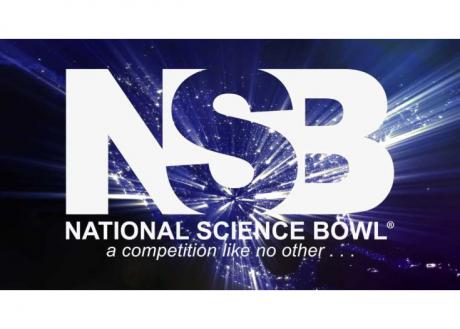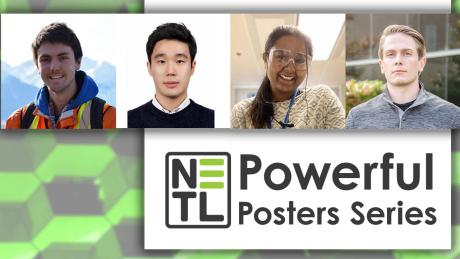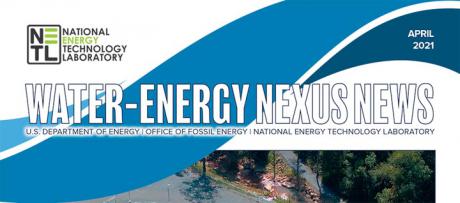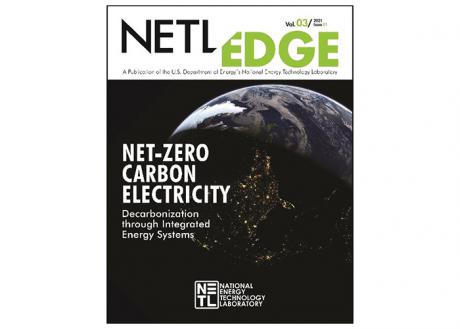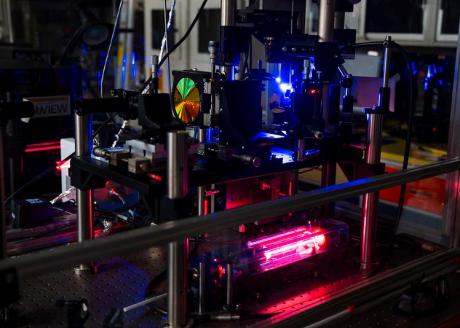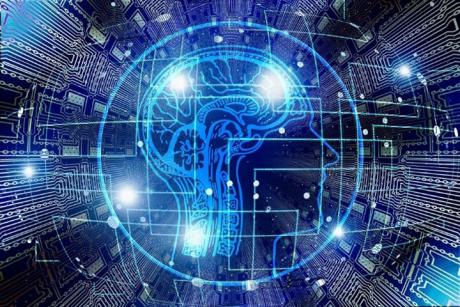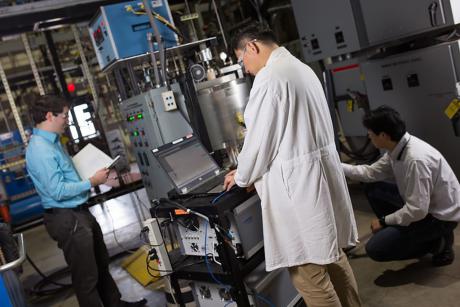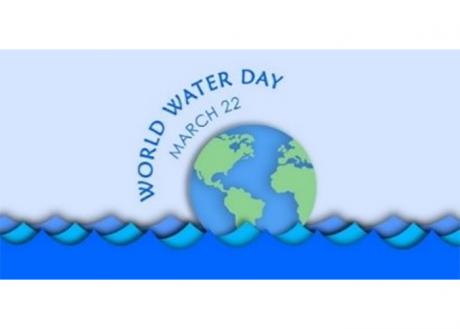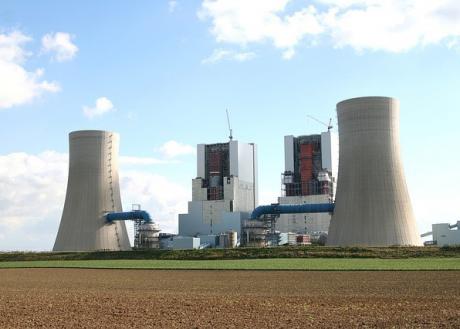After taking first place in their respective regional Science Bowl competitions, Suncrest Middle School (Morgantown, West Virginia) and North Allegheny Cyber Academy (Pittsburgh, Pennsylvania) competed in the U.S. Department of Energy (DOE) National Science Bowl® middle school preliminary and elimination rounds Saturday, May 8. Out of 52 teams consisting of 2,720 middle school students from across the country, Suncrest Middle School finished in the top 32 and North Allegheny Cyber Academy finished in the top 16.
The National Science Bowl is a nationwide competition held annually to promote science and technology in education. High school students compete as teams in an action-packed quiz bowl format to answer questions on science, math and engineering. First-place winners of regional competitions from across the country competed over the weekend in three preliminary rounds, with the top 32 teams advancing to the elimination rounds. All events were held virtually due to the ongoing COVID-19 pandemic.
About
News and Events
Research and Programs
Featured Initiatives Advanced Alloy Signature Center (AASC) Center for Fuels and Chemicals (CFC) Center for Microwave Chemistry (CMC) Coal for High-Value Products Critical Minerals and Materials Natural Gas Science-based Artificial Intelligence and Machine Learning Institute (SAMI) Subsurface Science Turbine System Optimization
Major Fossil Energy Programs Carbon Management Resource Sustainability
Core Competencies Computational Science and Engineering Energy Conversion Engineering Geological and Environmental Systems Materials Engineering and Manufacturing Strategic Systems Analysis and Engineering Program Execution and Integration
Core Competencies Computational Science and Engineering Energy Conversion Engineering Geological and Environmental Systems Materials Engineering and Manufacturing Strategic Systems Analysis and Engineering Program Execution and Integration
Energy Technology Development Office of Critical Minerals and Energy Innovation Battery Workforce Initiative Office of Cybersecurity, Energy Security, and Emergency Response Office of Electricity
University Training & Research Historically Black Colleges and Universities and Minority Serving Institutions Program University Carbon Research Program
University Training & Research Historically Black Colleges and Universities and Minority Serving Institutions Program University Carbon Research Program
Business
Library
Explore our Library

Approved Categorical Exclusions Environmental Assessments Environmental Impact Statements Oil and Gas Projects Summaries NETL Fact Sheets Publication Search Energy Data Exchange (EDX) FECM External R&D Final Technical Reports Project Landing Page Summary Information for External R&D Awards NETL R&D Publication Search Peer Review Reports
- Research and Programs
- Featured Initiatives
- Core Competencies
- Core Competencies
- Energy Technology Development
- University Training & Research
-
- Business
- Technology Transfer
-
- Library
- Energy Analysis
-
- About
- News and Events
- Education



